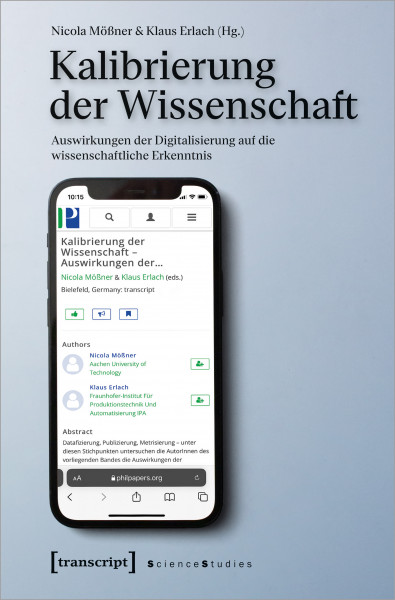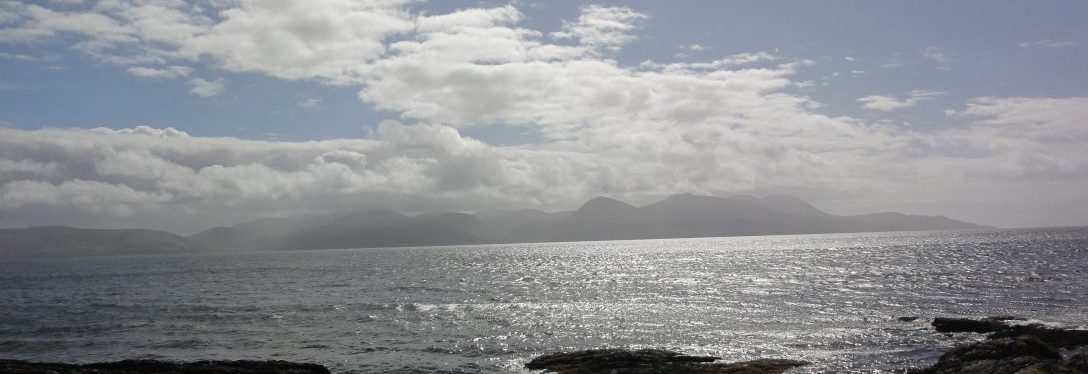Mößner, N., & Erlach, K. (2024). Elektronisches Publizieren und Bewertung wissenschaftlicher Expertise. Zenodo. https://doi.org/10.5281/zenodo.10948472
Category: Uncategorized
New publication “Werte, Wahrheit, Wissenschaft”
Mößner, N.: “Werte, Wahrheit, Wissenschaft”. In: Umstrittene Wahrheit(en). Zur Wahrheitsfrage in Philosophie und Religion, ed. by Rothenbusch, R. & Wiertz, O., Münster: Aschendorff Verlag 2023, pp. 89-122. (https://www.aschendorff-buchverlag.de/author/Wiertz%2C%20Oliver%20J./)
New publication „Digitale Praxis – Fallstrick für Normen im Wissenschaftsalltag?“
Mößner, N. (2023): „Digitale Praxis – Fallstrick für Normen im Wissenschaftsalltag?“. In:
prae|faktisch. https://www.praefaktisch.de/digitalisierung/digitale-praxis-fallstrick-fuer-normen-im-wissenschaftsalltag/.
New publication (open access) “Databases, Science Communication, and the Division of Epistemic Labour.”
Available as open access file!
Mößner, N. Databases, Science Communication, and the Division of Epistemic Labour. Axiomathes (2022). https://doi.org/10.1007/s10516-022-09638-y
New Open Access Publication “Kalibrierung der Wissenschaft”
Mößner, Nicola; Erlach, Klaus (eds.): Kalibrierung der Wissenschaft. Auswirkungen der Digitalisierung auf die wissenschaftliche Erkenntnis. Bielefeld: transcript 2022.
Open Access Version available at: https://www.transcript-verlag.de/978-3-8376-6210-8/kalibrierung-der-wissenschaft/?number=978-3-8394-6210-2

Panel discussion “Re-calibrating science”, July 15
There will be a panel discussion on the topic of science communication in the digital age at Württembergische Landesbibliothek, Vortragssaal (Konrad-Adenauer-Straße 10, 70173 Stuttgart) on July 15th, at 18.15. The panelists are:
- Prof. Dr. Björn Brembs
- Prof. Dr. Stefan Dietze
- Prof. Dr. Petra Gehring
- Prof. Dr. Reinold Schmücker
This panel discussion is organised by my colleague, Dr. Klaus Erlach, and me. A live-stream on youtube will be available at:
https://www.philo.uni-stuttgart.de/termine/rekalibrierung.html
For further information please download the flyer of this event!
New Membership
Since January 2022 I am an elected member of the extended board of the the “Deutsche Gesellschaft für Philosophie e.V. (DGPhil)”. For more information follow this link.
Panel discussion “Calibrating science” video recording
Panel discussion “Calibrating science” video recording
in German: Podiumsdiskussion “Kalibrierung der Wissenschaft – Wohin führt uns die Digitalisierung?”, Video-Aufzeichnung
Veranstalter: PD Dr. Nicola Mößner (Leibniz Universität Hannover), Dr. Klaus Erlach (Fraunhofer IPA Stuttgart) in Kooperation mit dem Internationalen Zentrum für Kultur- und Technikforschung (IZKT) der Universität Stuttgart.
Link zur Aufzeichnung der Veranstaltung.
Ausgangspunkt der Diskussionsrunde ist die zunehmende Digitalisierung wissenschaftlicher Kommunikations- und Forschungsprozesse, die sich in der Bündelung, Evaluation und Filterung von Informationen durch webbasierte Technologien widerspiegelt. Die zentrale Fragestellung lautet: Inwiefern kann eine solche Entwicklung auch die Bewertung wissenschaftlicher Exzellenz verändern? Kritisch soll von den beteiligten ExpertInnen dabei in den Blick genommen werden, dass die Bewertungsalgorithmen, welche sich aus diesen digitalisierten Prozessen ableiten, nicht neutral, sondern in weiten Bereichen geprägt sind durch Interessen und Werte verschiedener gesellschaftlicher Gruppen und Marktteilnehmer.
Es diskutieren:
Dr. Ulrich Herb (Saarländische Universitäts- und Landesbibliothek; Projektleiter und Open Access Experte, freiberuflich seit 2011 für ./scidecode);
Dr. Angela Holzer (Deutsche Forschungsgemeinschaft DFG, zuständig für Förderung von Open-Access-Publikationskosten; Mitarbeit im Steuerungsgremium der Schwerpunktinitiative “Digitale Information” der Allianz der Wissenschaftsorganisationen);
Dr. Wilhelm Krull (Gründungsdirektor des The New Institute, Hamburg; bis 2019 Generalsekretär der VolkswagenStiftung);
Prof. Dr. Steffen Staab (Cyber Valley Endowed Chair for Analytic Computing, Institute for Parallel and Distributed Systems, IRIS Speaker, Universität Stuttgart)
Paperback Edition “Visual Representations in Science – Concept and Epistemology”
Newly published paperback edition of:
Visual Representations in Science – Concept and Epistemology. London and New York: Routledge 2020. [DOI: 10.4324/9781315108902]
Visual representations (photographs, diagrams, etc.) play crucial roles in scientific processes. They help, for example, to communicate research results and hypotheses to scientific peers as well as to the lay audience. In genuine research activities they are used as evidence or as surrogates for research objects which are otherwise cognitively inaccessible. Despite their important functional roles in scientific practices, philosophers of science have more or less neglected visual representations in their analyses of epistemic methods and tools of reasoning in science. This book is meant to fill this gap. It presents a detailed investigation into central conceptual issues and into the epistemology of visual representations in science.
Latest Book Contribution “Das Zeugnis anderer”
Mößner, Nicola. 2019. “Das Zeugnis anderer.” In: Handbuch Erkenntnistheorie, edited by Grajner, Martin and Guido Melchior. Stuttgart: Metzler, pp. 136-144.
DOI 10.1007/978-3-476-04632-1_18
This is a survey article about testimony. It discusses questions concerning the nature and the epistemology of the division of epistemic labour.
